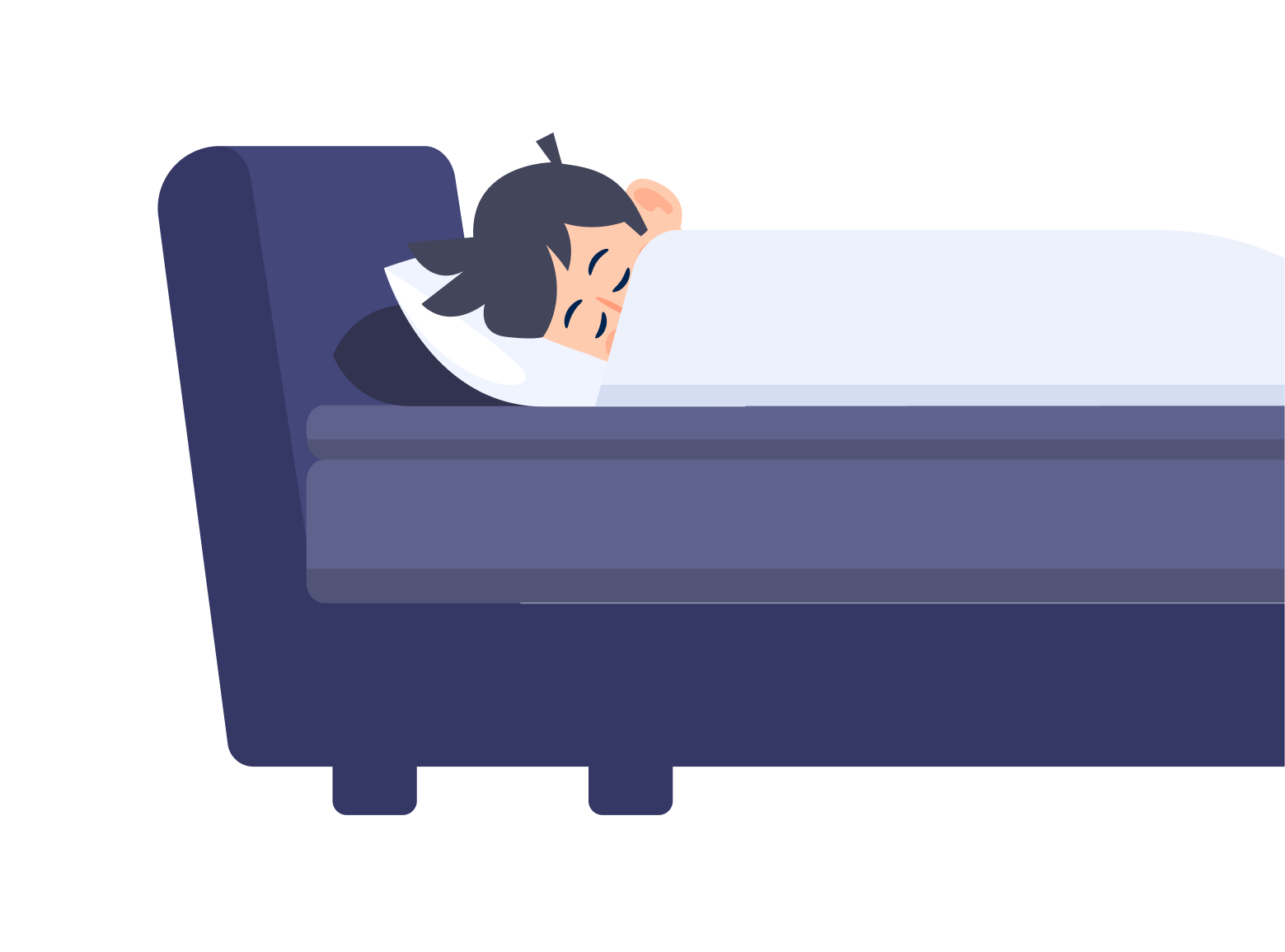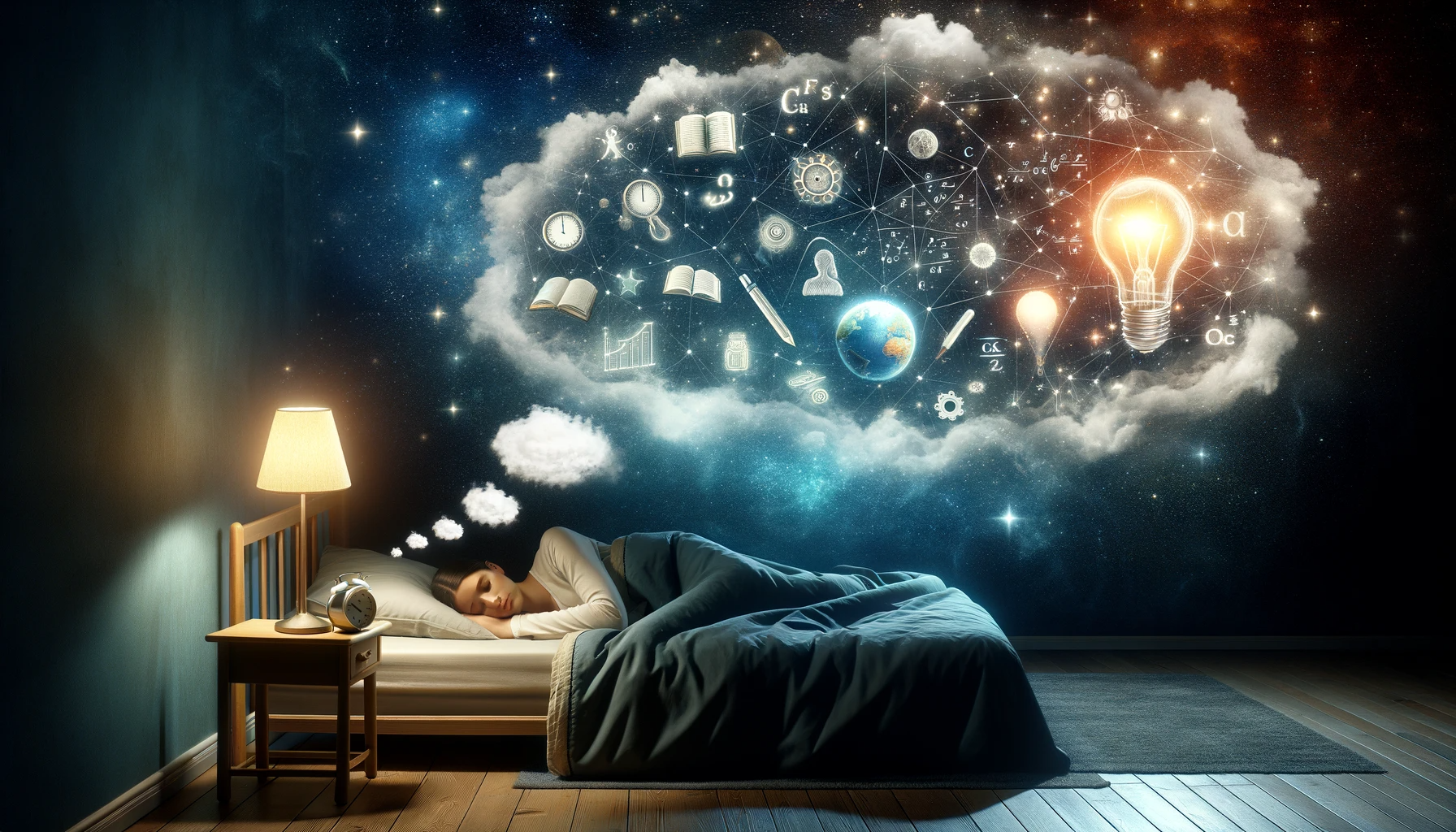Introduction
Dreams have always been a subject of fascination and mystery. But beyond their enigmatic nature, dreams have significant connections to our mental health. This article explores the intricate relationship between dreams and mental health, shedding light on how our subconscious mind communicates through dreams and what it means for our overall well-being.
Understanding Dreams
Dreams are more than just nightly narratives; they are a window into our subconscious. Psychologists have long studied dreams to understand their impact on our mental health. Sigmund Freud, the father of psychoanalysis, believed that dreams are a form of wish fulfillment, revealing our deepest desires and fears. Carl Jung, another influential psychologist, viewed dreams as messages from our subconscious, helping to guide our conscious decisions.
Dreams as a Reflection of Mental Health
Our dreams often mirror our emotional state. Anxiety, stress, and trauma can manifest in our dreams, sometimes as vivid and unsettling scenarios. These dream patterns can provide insights into unresolved issues and emotional disturbances. For instance, recurring nightmares might be indicative of underlying anxiety or post-traumatic stress disorder (PTSD).
Therapeutic Role of Dreams
Dream analysis, a technique used in psychotherapy, involves interpreting the symbolic meaning of dreams to gain insights into a person’s mental state. This practice can be a powerful tool in mental health treatment. By understanding and addressing the themes and patterns in dreams, individuals can uncover and work through emotional and psychological issues.
Lucid Dreaming and Mental Health
Lucid dreaming, where the dreamer is aware they are dreaming and can exert some control over their dreams, has been explored as a therapeutic tool. It offers potential in treating conditions like PTSD, allowing individuals to confront and reframe their fears in a controlled environment.
Sleep Quality and Mental Health
The quality of our sleep, including our dream patterns, is closely tied to our mental health. Poor sleep can exacerbate mental health issues, while Viesearch – The Human-curated Search Engine good sleep patterns can help in managing them. Understanding and improving our sleep and dream experiences can, therefore, play a crucial role in our overall mental well-being.
Conclusion
Dreams are not just random stories created by our minds; they are deeply connected to our mental health. By understanding the link between our dreams and our emotional state, we can gain valuable insights into our subconscious mind and address mental health issues more effectively. Whether it’s through dream analysis in therapy, exploring lucid dreaming, or simply paying more attention to the quality of our sleep, focusing on our dreams can be a pathway to improved mental health and well-being.








